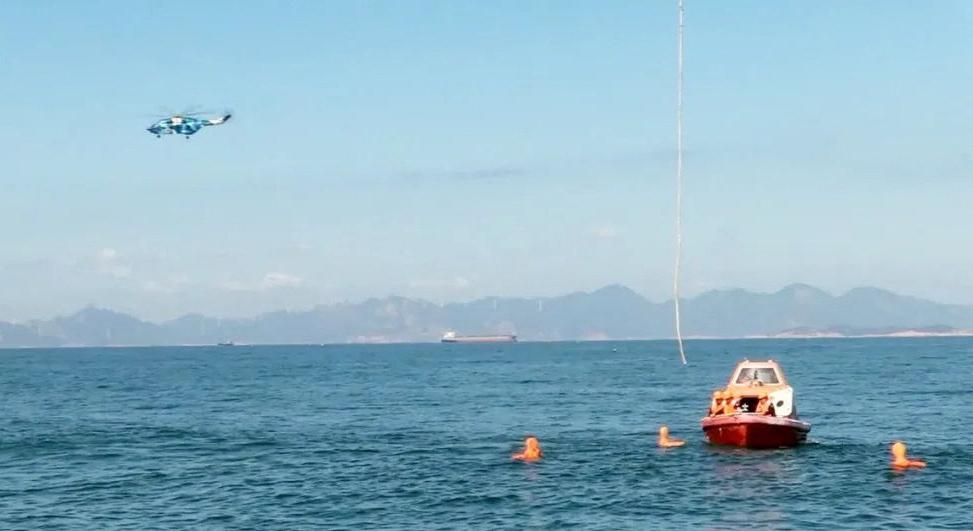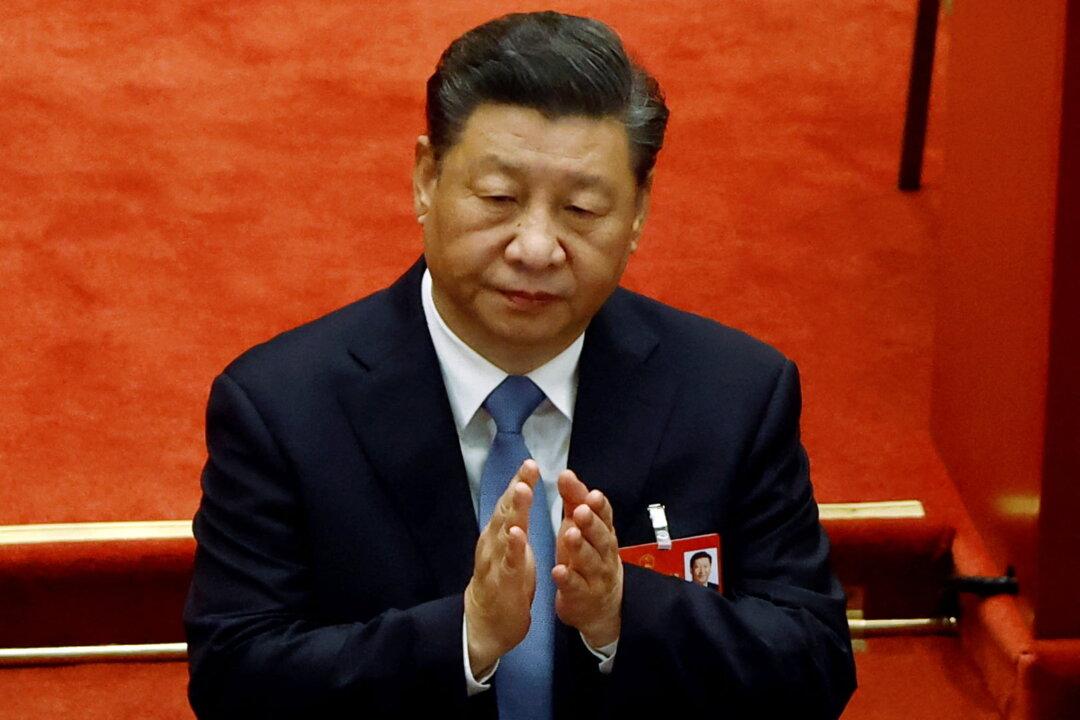Commentary
Chinese leader Xi Jinping, in his speech marking the 100th anniversary of the founding of the Chinese Communist Party (CCP), said that the Party had thoroughly nullified all the unequal treaties imposed on China by past imperialist powers. A few days earlier, he had issued a joint statement with Russian President Vladimir Putin, declaring that the two countries had satisfactorily resolved the border issue left over by history and neither side had territorial claims on the other. However, a little dose of history would reveal the falsehood in Xi’s remarks.





